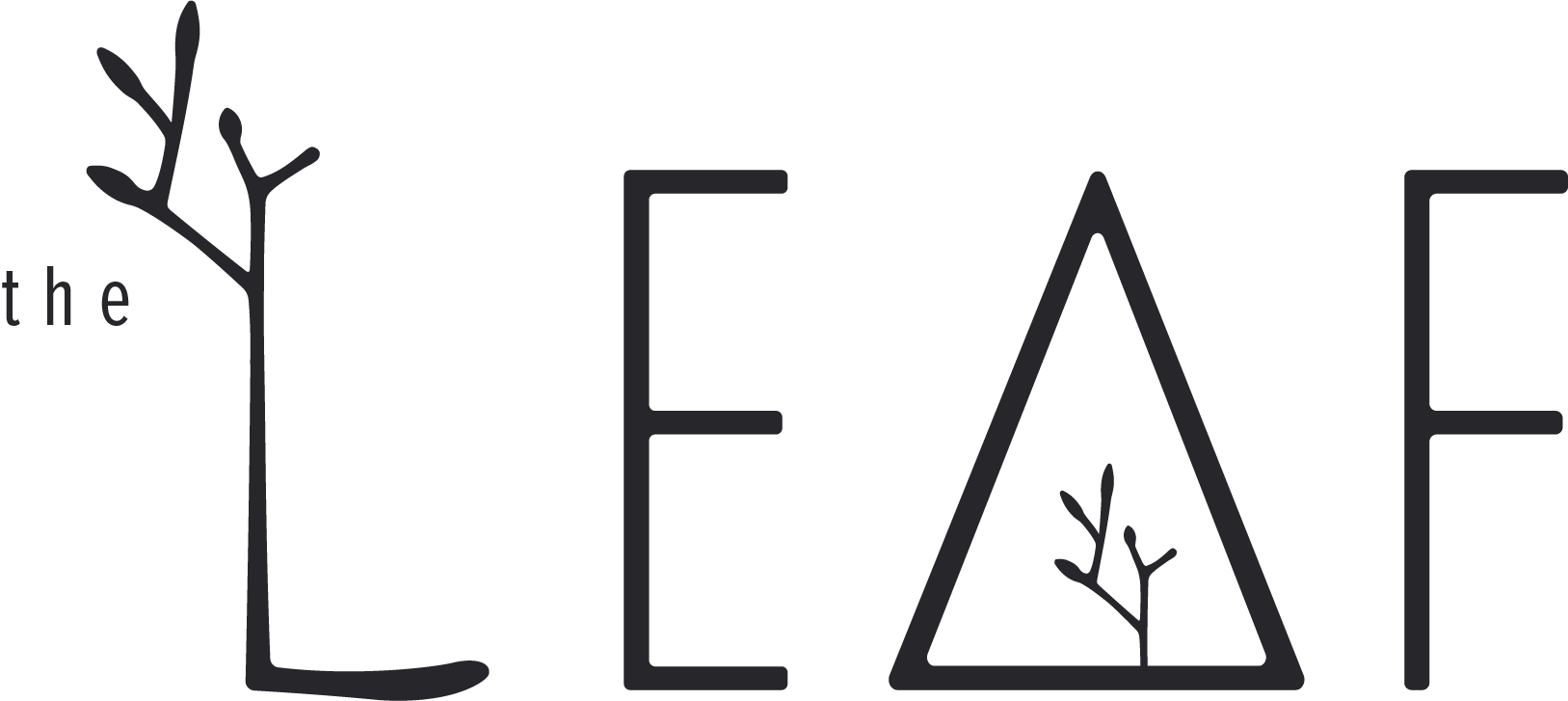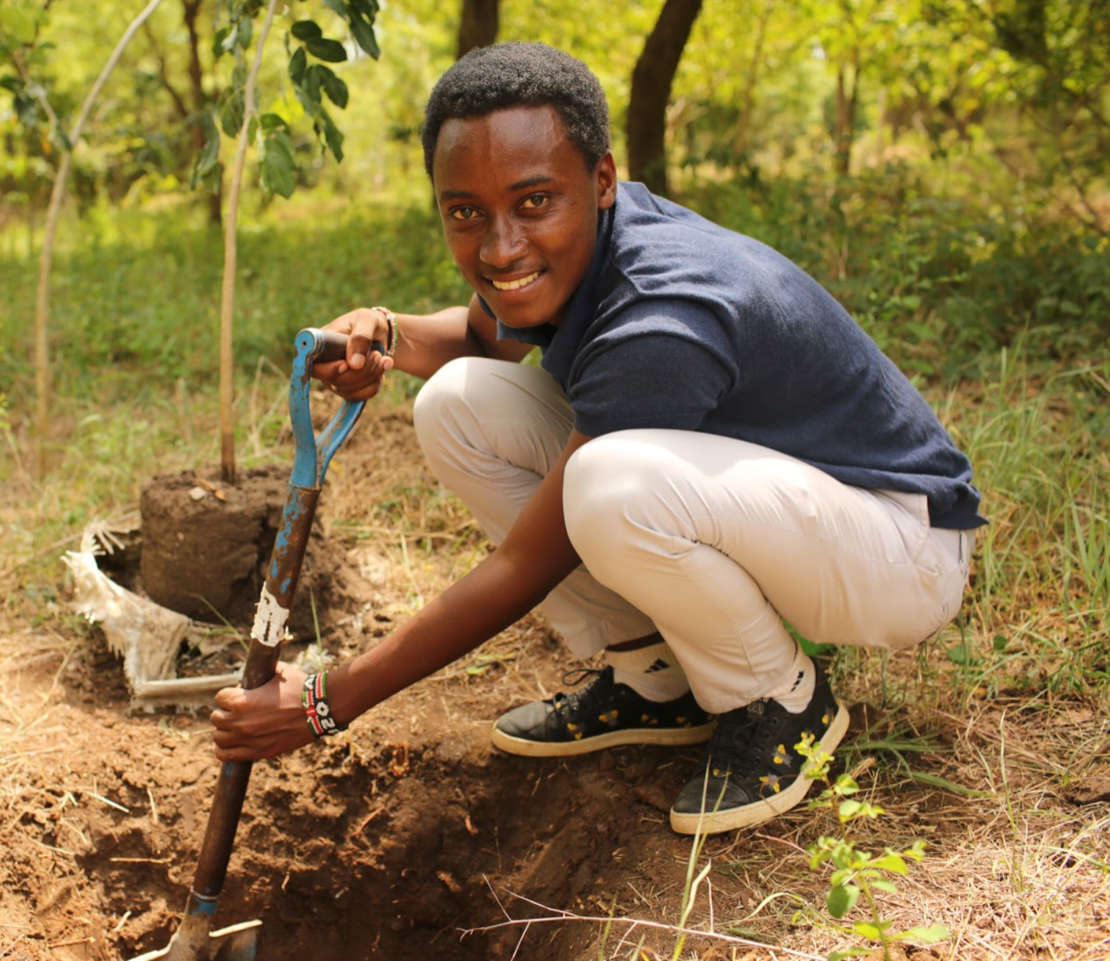Update from our team on the ground, Oscar
At Pwani University, my team is working with the University to refurbish their nursery, re-train their staff about the benefits of indigenous species, and begin the restoration of their 600-acre grounds.
Even at a fairly low density of 500 trees per acre this site has the potential to harbour hundreds of thousands of trees and sequester millions of tonnes of carbon. Digging holes, filling holes with compost and planting trees is to be carried out by students and locals in social events. We are facilitating the installation of a water collection system enabling irrigation using a sustainable source. So far my team working on the project has managed to make tremendous progress. The nursery in the university has gone through the first stages of restoration. We have many hundreds of indigenous trees which are currently being monitored closely. In addition, with the help of casual workers provided by the University, the team have managed to plant the first five tree species in the botanical garden. They included; Ficus sycomorus, Kigeria africana, Millettia usaramensis, Ficus tremulous and Euphobia tanaensis (which is critically endangered). Seed collection and propagation is one of the most important aspects of the project, in order to produce more indigenous tree seedlings, and this is activity currently in progress. So far, the team has managed to collect over 500 seeds from 11 indigenous mother tree species within the university grounds. Ziziphus mauritiana, Bauhinia purpurea, capparis tomentosa to mention just a few are among the tree species seed collection was done from.
While this is a great start, our ambition of undertaking the most biodiverse tree planting event in Kenyan history requires many more species and as a result we need to raise the funds to purchase these individuals before May when the long rains begin.
Thank you for all your help so far!
Oscar - LEAF Junior Botanist

